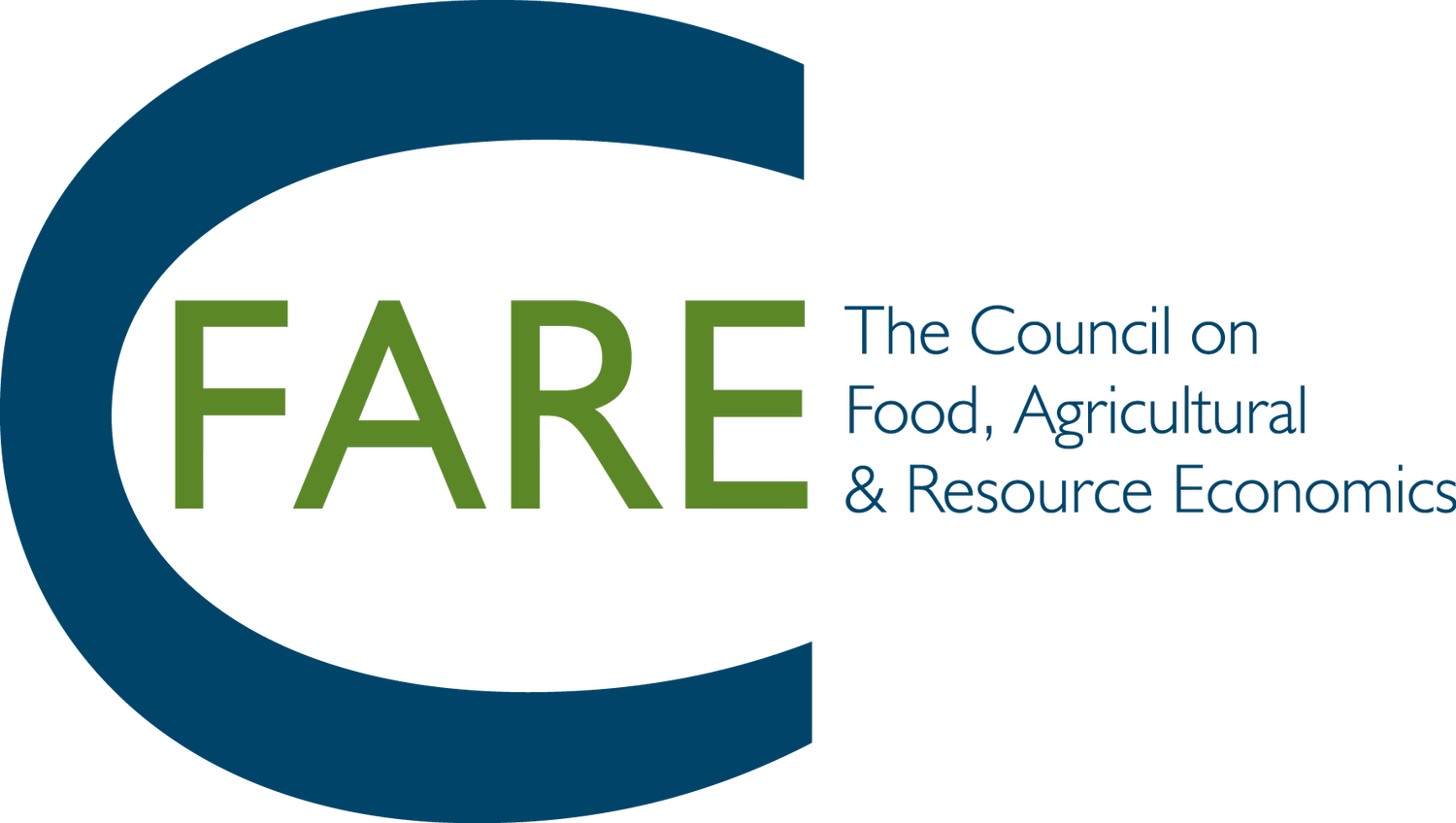The Importance of Being a “Cosmopolitan” Academic Professional
Jane Kolodinsky, C-FARE Program Chair and Professor Emerita, University of Vermont; Director of Research, Arrowleaf Consulting; Research Faculty Affiliate, Colorado State University
Our March C-FARE webinar touched on topics related to professional development and service beyond a place of employment. One way to categorize our professional activities is contemporary versus cosmopolitan. Contemporary participation takes place mainly at a home institution—serving on committees and accessing internal resources. Cosmopolitan participation takes place in our wider communities—professional organizations, board memberships and obtaining external funds for example. Both types of engagement are important.
Junior and mid-career professionals may feel uncomfortable “putting themselves out there” in terms of service opportunities. Getting out of our comfort zones is the ticket to opportunities that not only count as “service” but are also pathways toward professional development, recognition, and more opportunities. Responding to a call in the Federal Register can result in your being chosen to serve on a national advisory committee of USDA, for example. Letting your more senior colleagues know about your interest can land you a letter of recommendation and tips on what to include in your application.
The Advisory Board for NAREEE (National Agricultural Research, Extension, Education, and Economics) provides advice to the Secretary of Agriculture and land-grant colleges and universities on top priorities and policies for food and agricultural research, education, extension and economics. It contributes to effective federal agricultural research, education and economics programs through broad stakeholder feedback and sound science. By sharing your expertise on such a board, you gain important experience and exposure with senior level officials. This experience, in turn, can lead to participation in a Cooperative Agreement to conduct research with other experts. (Cooperative Agreements are different from most grants in that they are not competitive. You work side by side with government employees and often co-author reports that are widely read.) Again, you provide your expertise and gain recognition, more experience, and exposure. At the same time, agencies such as the USDA gain valuable expertise from professionals in our agriculture- and resource related fields.
Participating on the CFARE board or others in your professional field is also an important way to share your expertise and build your professional network. If you have an idea for a CFARE webinar, for example, don’t be afraid to share it with the CFARE board chair, Gal Hochman, or the program chair, Jane Kolodinsky. As with other “cosmopolitan” service experiences, there is a win for everyone.
